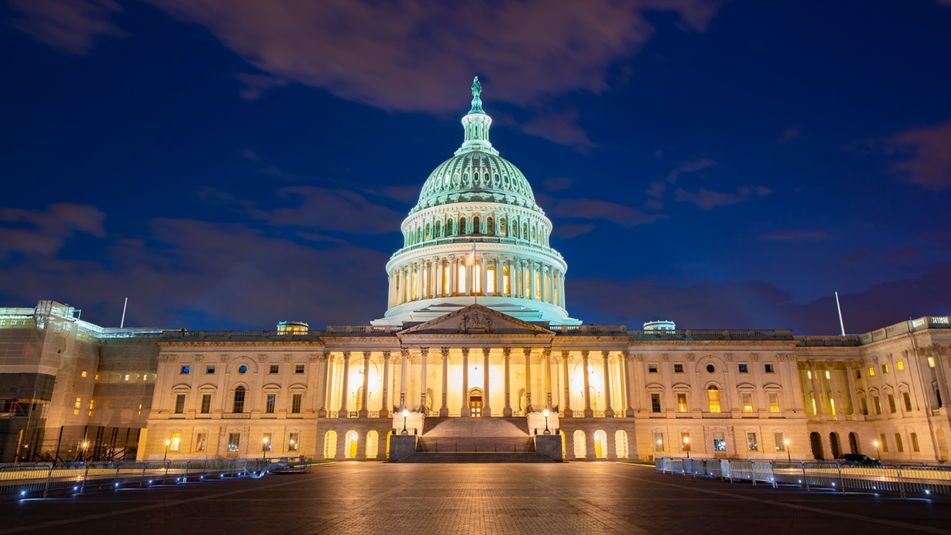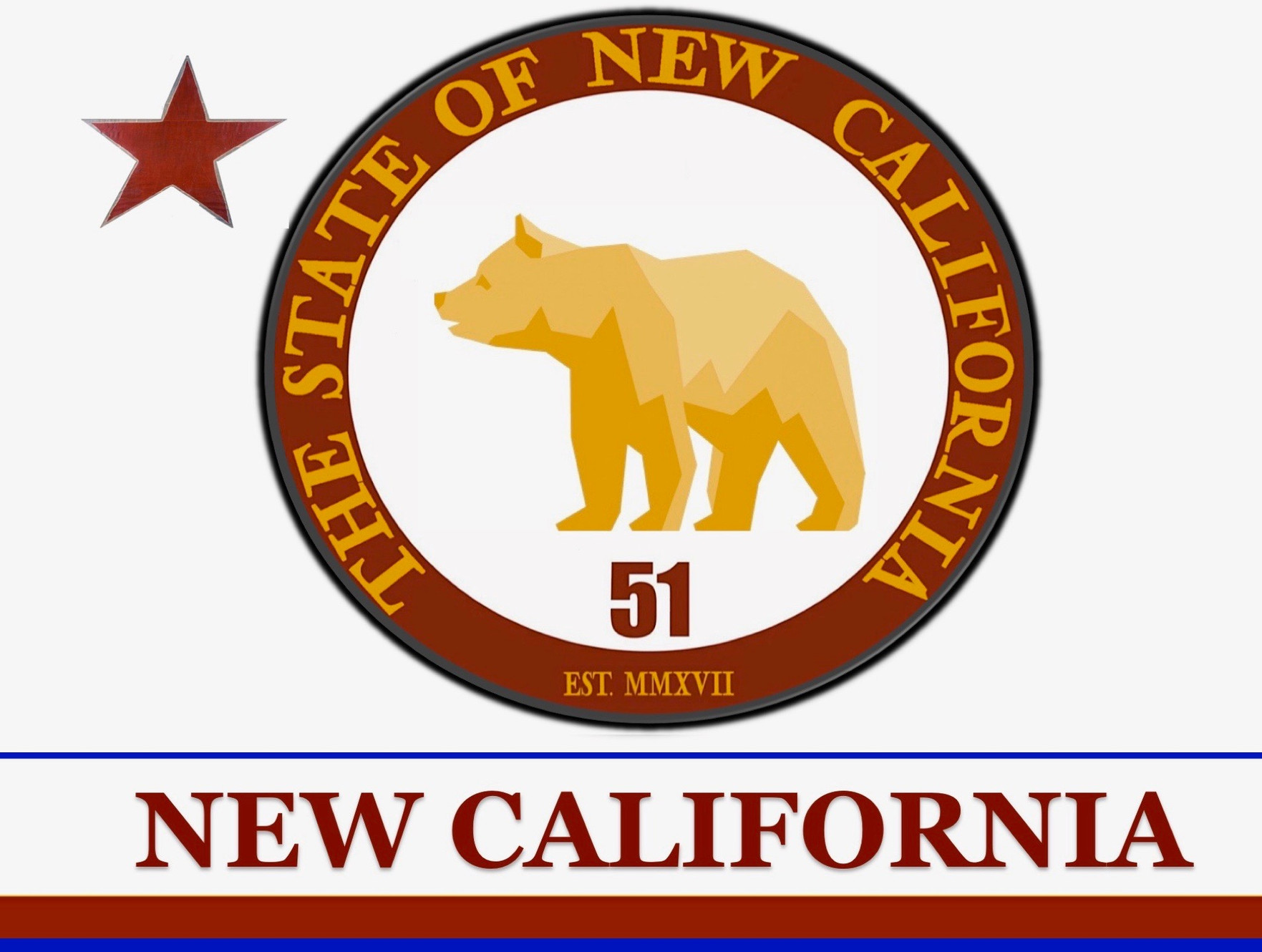Constitutional Solutions
Constitutional Solutions
Article IV, Section 3 of the U.S. Constitution
speaks to the idea that the formation of new states is under the authority of Congress. This has been a foundational part of how the United States expands or reorganizes its territories and regions. It gives Congress the ability to admit new states into the Union, provided that the process follows constitutional guidelines, and that the people involved (through their representatives) have a say in the formation of these new states.

However
in modern interpretations, especially among movements like NCS (New California States) or similar, people argue that the spirit of this provision has been compromised. Many believe that "We the People" have gradually lost control over the process and that certain powerful interests—be they governmental or corporate—are now shaping the way states and territories are governed, often at the expense of individual rights and the will of the people.

In movements
aimed at restoring rights, whether related to statehood, sovereignty, or control over regional issues, citizens stand up to reclaim their constitutional rights, particularly when they feel: Federal Overreach: The federal government is perceived to have too much control over local or state matters, infringing upon states' rights and the rights of the people to self-determination. Erosion of Democracy: Decisions regarding state governance and admission are increasingly seen as the result of backroom deals, political maneuvering, or influence from powerful corporations and interest groups, rather than the genuine will of the people. Restoring Local Control: People in various states or territories often fight to regain control over their land, resources, and governance, especially when they feel that federal or state governments have made decisions that undermine their local economies or ways of life.

Key Points You Raised
Reclaiming Rights:
The idea that "We the People" are taking back rights suggests a return to grassroots, constitutionally grounded governance. This pushes back against what excessive government intervention, inefficiency, and a lack of transparency. Statehood efforts can symbolize local sovereignty, allowing communities to shape their own future without being overshadowed by federal or state bureaucracies that no longer represent the people's interests. Government Size and Efficiency: The issue of an overgrown government with "tens of thousands of workers" leeching on the system. Many believe that a large, inefficient government not only consumes taxpayer dollars but also adds layers of bureaucracy that slow down meaningful progress. The idea here is to streamline governance so that it serves the people more directly and efficiently, cutting waste and fostering a system built on solutions rather than dependency.


Income Tax:
The argument that income tax was intended to be temporary but has become a permanent burden reflects a broader sentiment that government is taxing individuals heavily while providing diminishing returns in terms of services, infrastructure, and freedoms. In some movements, there’s a push to overhaul the tax system to focus on simpler, fairer methods that don't overburden individuals while promoting true public service rather than funding unnecessary control structures.
California’s Influence:
California’s role in setting trends globally, especially in terms of regulation, politics, and technology, is often seen as both a blessing and a curse. While California has led in innovation and culture, high taxes, and overregulation as factors that drive successful individuals away in search of better opportunities. This exodus from California is a reflection of broader dissatisfaction with centralized control and regulation, something our Kingdom on Earth projects aim to address by creating a system based on love, community, and abundance.
"We will write a hypothetical testimonial from a satisfied customer. You can replace this with actual testimonials from your clients. Testimonials are a great way to inspire potential customers to trust you."
– Testimonial Author Name
The Path Forward
The combination of Kingdom on Earth principles with constitutional governance provides a vision where community empowerment, sustainability, and spiritual growth can thrive within a framework of limited government, economic freedom, and transparency. By focusing on reducing waste, eliminating unnecessary control structures, and implementing a tax system that works for the people, we are seeking to craft a system that aligns more with the original intent of the Constitution.
We focus on solutions and transparency in governance, particularly in the context of empowering communities to take control of their own futures, reflects a desire for a new era of leadership—one that prioritizes the well-being of the people rather than maintaining the status quo of control and dependency.
